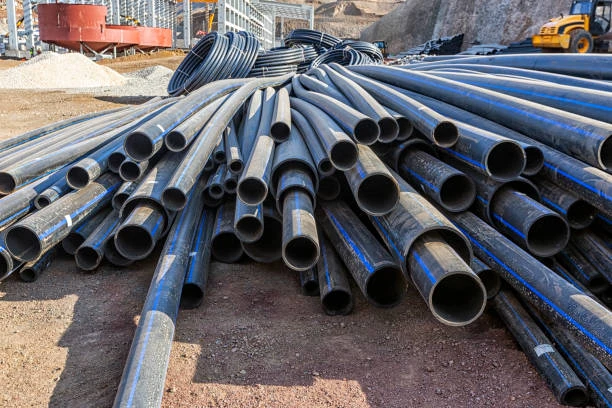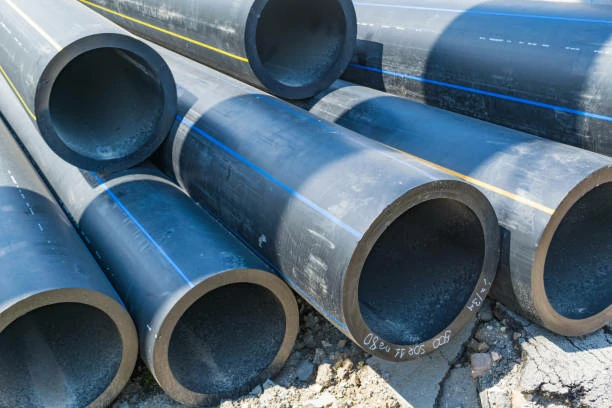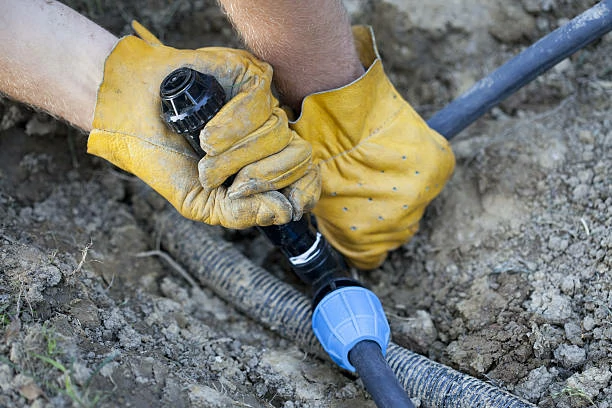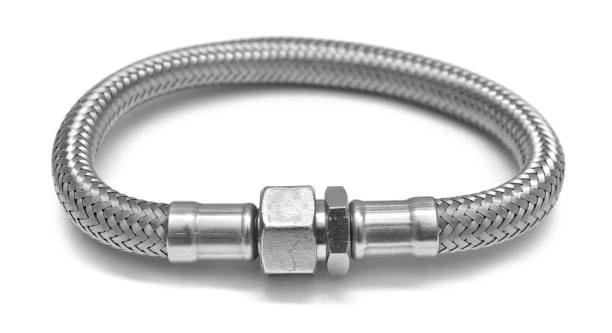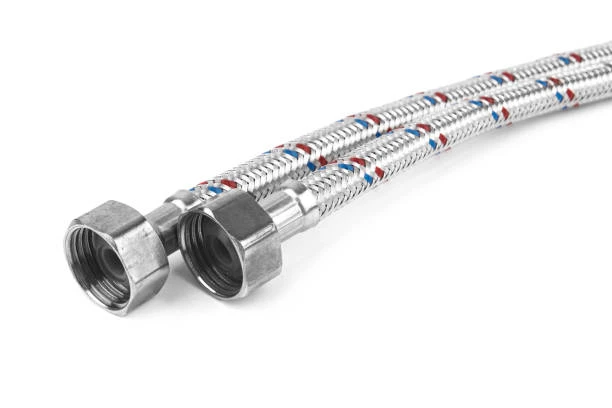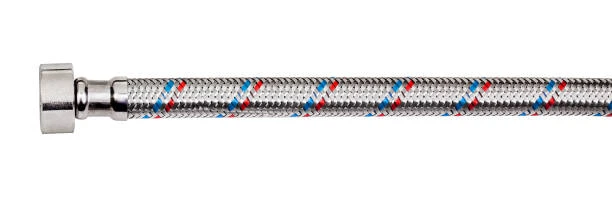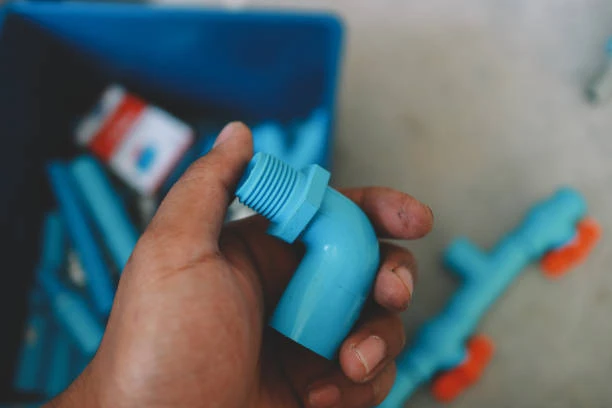
Introduction
When it comes to plumbing systems, one of the most important decisions is choosing the right type of valve. A valve regulates water flow, ensures safety, and helps maintain efficiency in homes, gardens, and industrial operations. Among the many types available, the PVC water valve has become one of the most popular choices because of its affordability, lightweight structure, resistance to corrosion, and long service life.
This article explains what a PVC water valve is, its defining characteristics, common uses, and the industries that benefit from it. In addition, it provides a buying guide with practical tips, outlines key installation practices, and compares PVC valves with other common valve materials. By the end, you will understand why PVC water valves are considered an affordable yet durable option for modern plumbing needs.
Frequently Asked Questions about PVC Water Valves
1. What exactly is a PVC water valve?
It is a valve made from polyvinyl chloride that regulates or controls the flow of water in a piping system. PVC valves are widely used because they are lightweight, durable, and resistant to rust.
2. Can PVC water valves be used for drinking water?
Yes. As long as the valve has the appropriate certification (such as NSF or ANSI), it can safely be used for potable water applications.
3. How long does a PVC water valve last?
In normal conditions, a PVC valve can last 10 to 20 years or more. Its lifespan depends on factors such as system pressure, water quality, temperature, and UV exposure.
4. Are PVC water valves strong enough for industrial use?
They are suitable for light to medium industrial applications. However, in high-pressure or very high-temperature environments, metal valves such as brass or stainless steel are usually recommended.
5. Are PVC water valves easy to install and maintain?
Yes. They are lightweight, easy to connect with solvent cement or threaded fittings, and require little maintenance because PVC does not corrode.
Definition and Characteristics of PVC Water Valves
A PVC water valve is a mechanical component designed to regulate water flow by opening, closing, or partially obstructing the passage within a piping system. Unlike traditional brass or iron valves, PVC valves are made from a thermoplastic material known for being lightweight and resistant to many types of chemical and environmental damage.
Some defining characteristics include:
- Resistance to corrosion: PVC does not rust, making these valves ideal for long-term use in water systems.
- Lightweight design: Much easier to transport and install than heavy metal valves.
- Affordability: More budget-friendly compared to most metal alternatives.
- Durability: Capable of lasting many years in low- and medium-pressure systems.
- Versatility: Available in ball, gate, butterfly, and check valve designs.
- Safety for potable water: Certified models are safe for household water supplies.
- Temperature and pressure limits: Best suited for moderate temperatures and low- to medium-pressure applications.
These characteristics make PVC water valves an attractive option for both residential and industrial projects that value efficiency and cost control.
Common Uses and Applications
PVC water valves are widely used in different environments because of their adaptability. Some common applications include:
- Household plumbing: Found in kitchen and bathroom water lines, where resistance to rust ensures long service life.
- Gardens and irrigation: Used in sprinkler systems, drip irrigation, and rainwater harvesting because of their ease of use and resistance to soil moisture.
- Swimming pools and aquariums: Applied in aquatic systems to manage water circulation safely.
- Agriculture: Essential in irrigation networks and greenhouse systems that rely on cost-effective and durable components.
- Industrial systems: Utilized in wastewater treatment, cooling systems, and chemical applications where PVC’s corrosion resistance is an advantage.
- Construction projects: Frequently installed in temporary water supply systems and low-cost developments.
Their versatility highlights why PVC water valves are seen as one of the most flexible plumbing components available today.
Buying Guide for PVC Water Valves
Choosing the right PVC water valve requires evaluating multiple factors. Here are the most important points to consider:
- Material Quality
- Choose valves made from high-grade PVC such as Schedule 40 or Schedule 80.
- Schedule 40 valves are standard and sufficient for most residential uses, while Schedule 80 valves are stronger and better suited for higher pressures.
- Valve Type
- Ball valves: Provide a tight shut-off and easy operation.
- Gate valves: Good for full open or close operations but less precise for flow regulation.
- Butterfly valves: Suitable for larger systems where flow control is needed.
- Check valves: Prevent backflow and protect pumps or equipment.
- Certifications
Ensure that the valve meets standards such as NSF, ANSI, or ISO if used for potable water or regulated systems. - Color and Identification
PVC valves are often produced in gray, white, or blue. The color may indicate intended application or pressure capacity. Always confirm specifications with the manufacturer. - Size Compatibility
Verify that the valve matches the diameter of your piping system to avoid leaks. - Operation Method
Manual handles are common in small systems, but automated or actuator-driven valves may be better for larger or industrial installations.
By following these guidelines, you can select a PVC valve that meets both technical and practical needs.
Installation Tips and Best Practices
Proper installation helps maximize the life and performance of a PVC water valve. Here are some important recommendations:
- Clean all surfaces before joining the valve and the pipe.
- Use appropriate solvent cement for socket connections or Teflon tape for threaded fittings.
- Do not overtighten, as PVC can crack under excessive force.
- Install the valve in an accessible location to allow easy operation and maintenance.
- Allow solvent joints to cure fully before pressurizing the system.
- Protect outdoor valves from direct sunlight with shade or UV-resistant paint.
- Test the system for leaks after installation to confirm proper sealing.
Following these steps reduces the risk of early failure and ensures smooth operation.
Comparison of PVC Water Valves with Other Materials
| Feature | PVC Water Valve | Brass Water Valve | Stainless Steel Valve | Cast Iron Valve |
|---|---|---|---|---|
| Weight | Very light | Medium | Heavy | Very heavy |
| Corrosion Resistance | Excellent | Good, may tarnish | Excellent | Moderate, prone to rust |
| Cost | Low | Moderate | High | Moderate |
| Pressure Tolerance | Low to medium | Medium to high | High | High |
| Temperature Resistance | Low to moderate | High | Very high | High |
| Ease of Installation | Very easy | Easy | Requires more effort | Requires equipment |
| Lifespan | 10–20 years | 15–25 years | 25+ years | 25+ years |
| Typical Applications | Home, garden, irrigation | Plumbing, heating | Industry, chemicals | Municipal water systems |
This table illustrates that PVC water valves are the most practical and cost-effective solution for home, garden, and many light industrial applications. However, for extreme pressure or temperature conditions, brass, stainless steel, or cast iron may be a better choice.
Conclusion
PVC water valves have become a cornerstone of modern plumbing systems thanks to their affordability, ease of use, and long-lasting performance. They are lightweight, resistant to corrosion, and available in multiple designs suitable for homes, gardens, agricultural projects, and even industrial systems.
When purchasing a PVC water valve, it is important to consider the valve type, material grade, certifications, and installation method. Equally, following proper installation practices ensures reliable operation for many years.
In comparison to metal valves, PVC options may not handle the highest pressures or temperatures, but they offer an unmatched balance of price, practicality, and durability for everyday applications.
Ultimately, PVC water valves provide an affordable and long-lasting plumbing option that supports efficiency, sustainability, and reliability across many sectors.
IFNS’s international standards
IFNS products comply with a wide range of international standards, including ASTM 2846, DIN 8079/8080, ASTM F441/F441M SCH80, GB/T 18993 series, AS/NZS 1477, CSA B137.6, NSF/ANSI 14, and TIS 17-2532/1131-2535. These certifications ensure that our pipes and fittings meet global quality, safety, and performance requirements.
Connect
IFNS, a Chinese manufacturer with 30 years of experience, specializes in high-quality plastic pipes, fittings, and valves. Interested in IFNS’s copper fittings, copper valves, plastic pipes, or fittings? Contact us today. IFNS offers a wide range of standard pipes tailored to your needs. Explore our affordable, cost-effective valve and piping system products.
We respond to emails or faxes within 24 hours. For immediate assistance, call us anytime with questions about our products.


